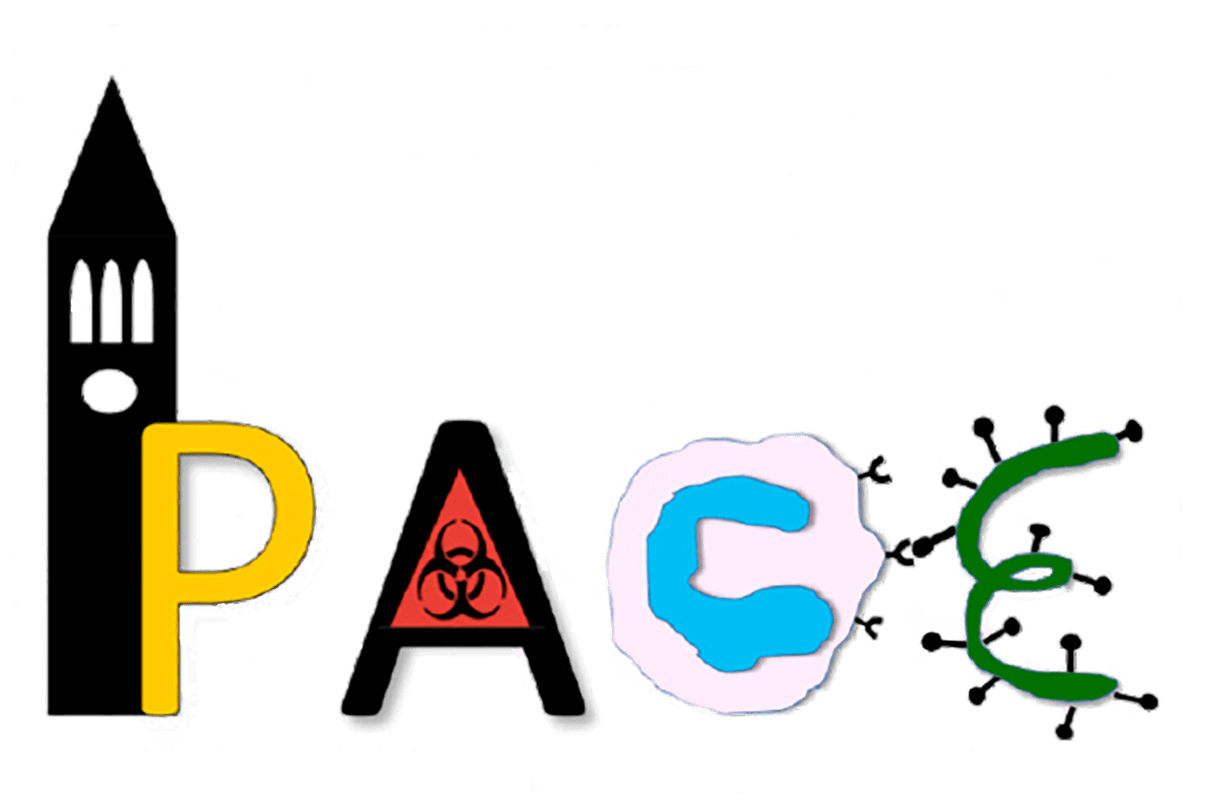Dr. Elena Panizza

Dr. Elena Panizza is a biomedical scientist investigating cancer. Dr. Panizza obtained her Bachelor’s and Master’s Degree in Medical Biotechnology from the University of Turin in Italy. She then moved to Stockholm, Sweden, where she obtained a Ph.D. in Medical Science at Karolinska Institutet. She was the recipient of a Karolinska Institute Doctoral Grant, which supported 50% of her graduate training. Her doctoral work was focused on mass spectrometry-based proteomics. She also learned bioinformatics approaches to analyze large-scale biological data (including proteomics, transcriptomic, and genomics data). Dr. Panizza developed a novel method for quantitative phosphoproteomics analysis that provides better coverage of the phosphoproteome and more accurate quantification compared to existing methods. The application of this method led to the discovery of signaling events that are important for the progression of breast cancer, and for kidney damage in diabetes.
During her years as a college student and then as a graduate student, Dr. Panizza was a witness and a part of the increasing role of big data in life sciences. When the human genome was first characterized in 2000, there was great anticipation that a cure for cancer would rapidly follow. However, this turned out to not be the case. As more and more molecular information was gathered over the following two decades, it became clear that a major challenge is linking molecular information with their consequences on cell biology. Dr. Panizza joined the laboratory of Dr. Cerione at Cornell University to conduct her postdoctoral training. Here, she works to integrate proteomics with the investigation of specific regulatory mechanisms and their functional consequences on cancer cell biology. Her focus is to study the contribution of extracellular vesicles to the progression of the aggressive brain cancer glioblastoma. Extracellular vesicles are an important mediator of intercellular communication; however, a lot is still to be defined regarding the nature of their cargo and how they impact other cells within the tumor microenvironment and sustain cancer progression. Dr. Panizza uses proteomics to characterize the cargo of extracellular vesicles and investigates the role of certain protein cargo in promoting resistance to radiation therapy in glioblastoma. She is also looking at how extracellular vesicles from the non-cancer cells within the tumor microenvironment might contribute to enhancing tumor heterogeneity and invasiveness.
Dr. Panizza is also a mother and an enthusiastic supporter of women in science and of work/life balance. She is working towards starting an independent research effort that combines large-scale and targeted analyses, with the goal of generating a novel understanding of the cancer process and novel treatment options. She is excited to become an educator and mentor a new generation of scientists.

